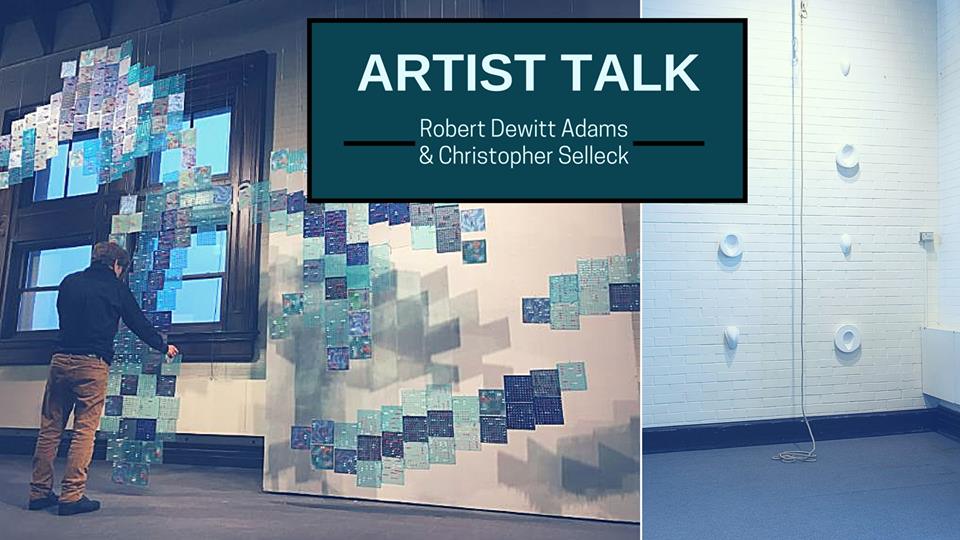Rob Adams at the DAI and North Korea
Imagine playing a game of Battleship with an estranged uncle. Let’s call him “Sam.”
Battleship is played on a ten by ten board, in which a player calls out “A4” or “B3” as if releasing a torpedo into that square. If the square is empty, the torpedo passes harmlessly. If the square is occupied, the torpedo hits. The process is completed until one player’s fleet is destroyed.
Imagine: You call B8, B9, B10 and a battleship is destroyed.
Keep imagining: Your opponent, Sam, calls B11, off the board, and your bedside lamp is smashed. B12, and your television is kicked in. B13, and your toilet bowl is cracked as if hit by a hammer. B14, and your pet is killed. B15, and you start worrying for your children.
Keep imagining: All you can do, in response, is call A through J, 1-10, only hitting the battleships on the board.
How do you respond? Do you beg Sam to stay on the board? And why would he?
Do you spend the next fifty years trying to develop the technology to call B14, too, so you can hit Uncle Sam, too?
…
Someone close to me emailed me that “I read about North Korea and it feels like one of my dystopian novels.”
I replied: I feel it too. And yet I wonder whether North Koreans have felt, for fifty years, the same anxiety we feel now. They have lived knowing that their enemies (including us — we invaded them in the 1950s), could always obliterate them from afar, anonymously.
It is our privilege to be surprised and scared when we think other nations can hurt us. Other nations have lived with that fear for decades.
…
This is among the thoughts that worked through my head at the Artist’s Talk at the Duluth Art Institute. Rob Adams’ “Battleship” works are both overwhelming in scale (a map of all of the great lakes, constructed from Battleship boards, with pegs marking sunken ships) and participatory — visitors can use Battleship boards to design their own art.
The talk was digressive, it was wide-ranging, investigating the ways that the sports and games (and militarism and mapping technologies) intersect with masculinity. In that, the event was full of surprises.
But I am most grateful for the moment of play I experienced with Adams’ art, as it helped me understand the experience of the rest of the world, really, in the face of the militarism of my own culture.
Recommended Links:
Leave a Comment
Only registered members can post a comment , Login / Register Here













5 Comments
Robert Lillegard
about 7 years agoDavid Beard
about 7 years agoDavid Beard
about 7 years agoHelmut Flaag
about 7 years agoTim White
about 7 years ago